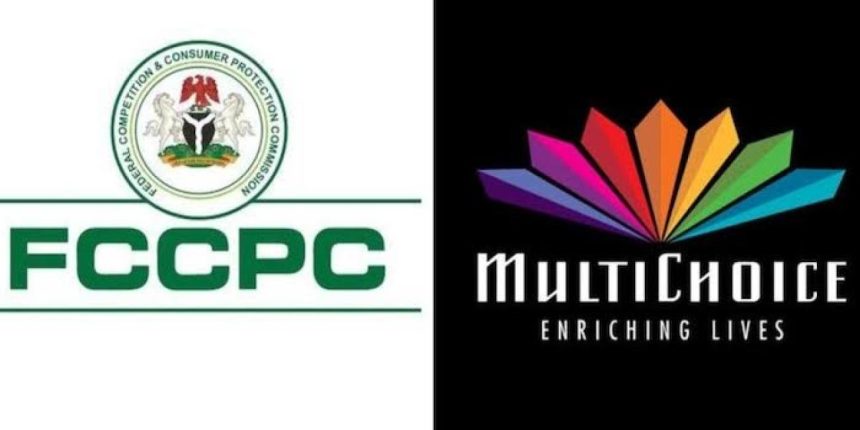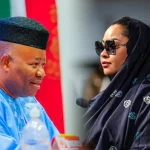...To get all news updates, Join our WhatsApp Group (Click Here)
Also Join our WhatsApp Channel (Click Here)
A Federal High Court in Abuja has dismissed a lawsuit filed by MultiChoice Nigeria against the Federal Competition and Consumer Protection Commission (FCCPC), over the commission’s intervention in the company’s recent subscription price increase.
MultiChoice had approached the court after raising GOtv and DStv rates by 25% on March 1, 2025, citing inflation and rising operational costs, according to The Guardian.
Presiding over the matter, Justice James Omotoso ruled that the court could not entertain the suit since a similar case is already being heard elsewhere.
In his ruling, the judge clarified that while the FCCPC has the mandate to investigate market activities, it does not possess the legal authority to set or suspend prices unless such powers are expressly delegated by the President through an official gazette.
Justice Omotoso further stated that no such directive was presented in court, and affirmed that Nigeria operates a free-market economy—meaning businesses have the right to determine prices, and consumers retain the freedom to accept or reject them.
“The use of services like those provided by the plaintiff is discretionary and not essential. Nigeria can do without it,” the presiding judge noted.
He further cautioned that imposing price controls could deter investment and negatively impact the economy.
MultiChoice raised its subscription rates by as much as 25% on March 1, 2025, attributing the increase to inflation and rising operational costs.
The FCCPC, however, opposed the hike and threatened to impose sanctions on the company.
While Nigerians continue to express frustration over the rising costs, a similar situation played out in 2022 when the Competition and Consumer Protection (CCPC) Tribunal in Abuja dismissed a case filed against MultiChoice over previous subscription fee increases for its DStv and GOtv services.
The three-member panel, led by Thomas Okosun, ruled that the FCCPC, the regulatory agency, did not have the authority to regulate the prices of products and services.
According to the tribunal, only the President has the authority to set pricing for products and services.
The panel, which found that the claimants had failed to prove that MultiChoice had abused its market dominance, stated that the case lacked validity because Nigeria is a free market economy.
You can get every of our news as soon as they drop on WhatsApp ...To get all news updates, Join our WhatsApp Group (Click Here)
Also Join our WhatsApp Channel (Click Here)












